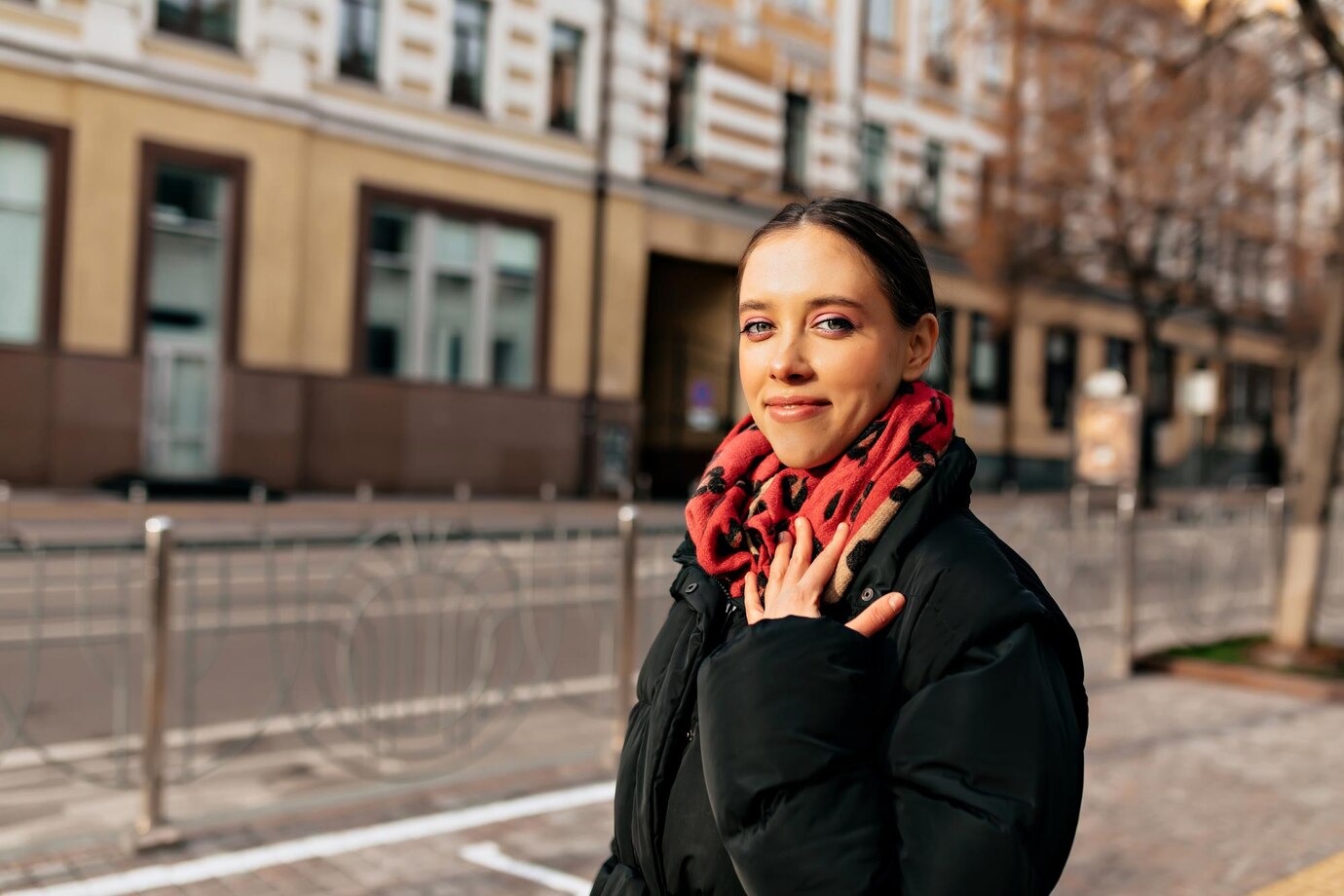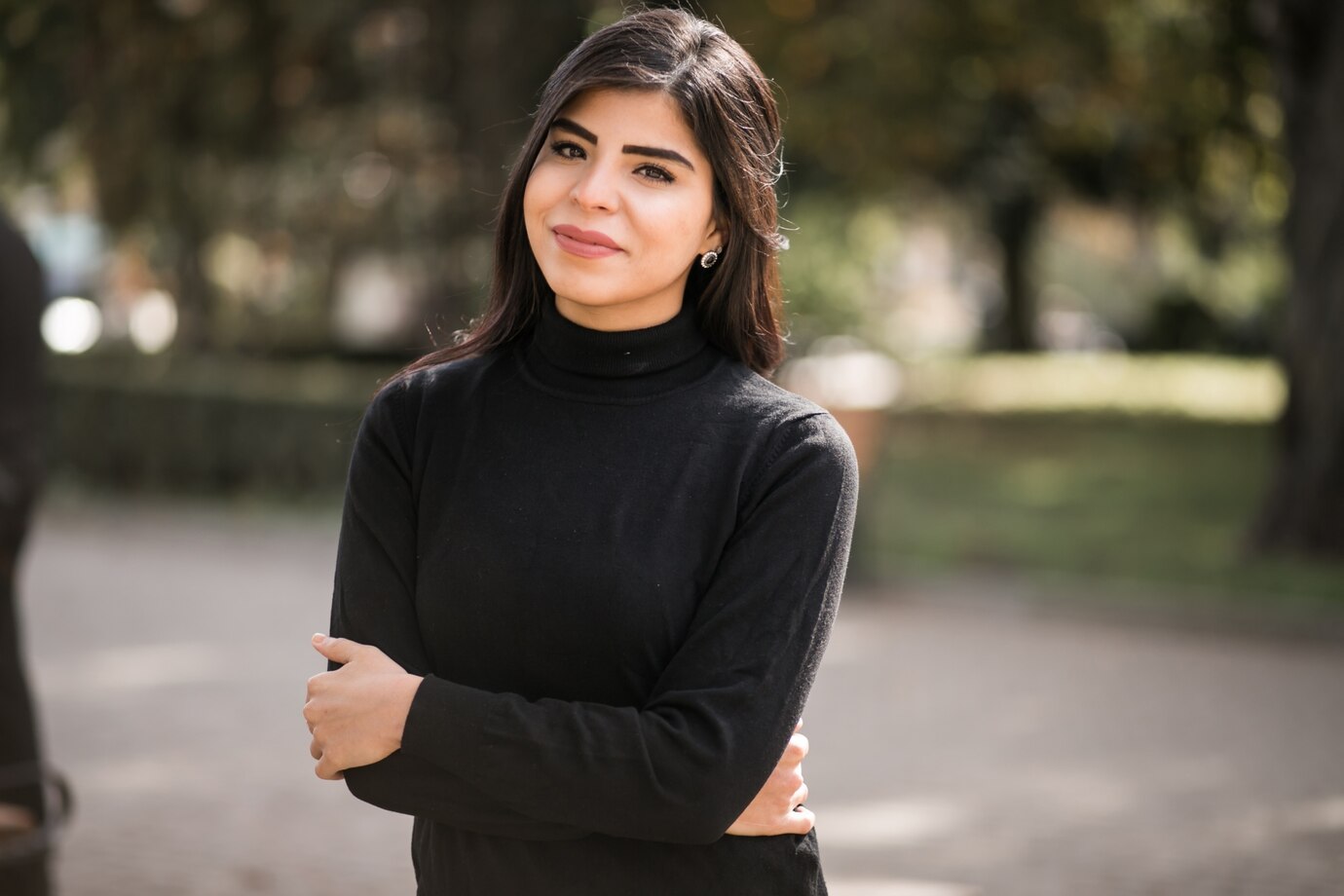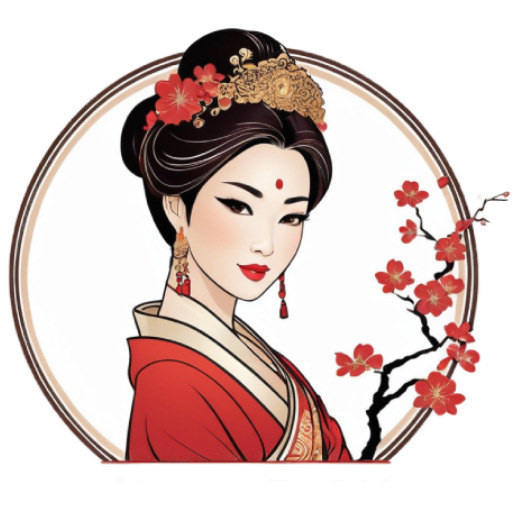Each culture has its own distinct qualities and beliefs, and in this blog post, we will be focusing on the key traits of Turkish wives. Known for their beauty, grace, and strong family values, Turkish women make exceptional life partners. So, if you are considering getting married to a Turkish woman, here are some essential traits you need to know about.
Warmth and Hospitality
In Turkish culture, hospitality is considered a core value and an essential part of the lifestyle. This is why Turkish wives are known for their warmth and welcoming nature. They take great pride in treating guests like family and making them feel at home. It is not uncommon for a Turkish wife to go above and beyond to make sure her guests are comfortable and well taken care of. This trait is not only limited to guests but is also evident in how they treat their own family and loved ones.
Strong Family Values
Family is at the center of Turkish culture, and this is reflected in the values of Turkish wives. Family unit and relationships hold utmost importance to them, and they are incredibly dedicated to their roles as wives and mothers. They strive to create a loving and nurturing home environment, where family members support and care for each other. Turkish wives prioritize the needs of their family above their own and will go to great lengths to ensure their happiness and well-being.
Beauty and Grace

It is no secret that Turkish women are known for their natural beauty and grace. They take great care of their physical appearance and believe in presenting themselves beautifully. This does not mean that they are only concerned with their looks, but rather they take pride in their appearance and consider it a reflection of their identity. With traditional and modern fashion influences, Turkish wives effortlessly exude elegance and style.
Intelligence and Independence
Turkish women are highly educated and possess strong intellect. They value knowledge and education, and this is evident in their pursuit of higher education and career opportunities. Despite their traditional values, Turkish wives are independent and make significant contributions towards their family’s financial stability. They can juggle various responsibilities and play multiple roles effectively, making them true multi-taskers.
Loyal and Supportive
Turkish wives are incredibly loyal and devote themselves wholeheartedly to their husbands. They prioritize their marriage and work to maintain a strong and healthy relationship. Turkish women are supportive partners, and they will stand by their husband’s side through thick and thin. They believe in mutual respect and trust in a marriage, making them reliable and dependable companions for life.
Decisive and Assertive

In Turkish culture, women are raised to be strong and decisive. This trait is also evident in Turkish wives who possess the confidence and assertiveness to make decisions for their families. They are not afraid to voice out their opinions and stand up for what they believe in. This makes them great partners to tackle any challenges that come their way, and they actively contribute to the decision-making process in their marriage.
How Do Turkish Brides Celebrate Their Weddings?
In Turkish culture, the first way towards marriage is the engagement ceremony known as “söz kesimi”. This is where the groom’s family formally asks for the bride’s hand in marriage from her family. It is a small and intimate gathering of close family members and friends, where the engagement is announced. The date is usually set for a few months later to give the couple time to prepare for the big celebration.
The Henna Night Celebration
The week before the wedding, a special event called “kına gecesi” or henna night takes place. It is a time for the bride to say goodbye to single life and symbolically leave her childhood behind. The bride’s female friends and family members gather to sing, dance, and adorn the bride’s hands and feet with henna in intricate patterns. This signifies fertility, abundance, and beauty. The night is filled with laughter, music, and traditions that have been passed down for generations.
The Bridal Hamam Experience
Before the wedding, the bride and her female family members and friends go to a hamam (Turkish bath) to prepare for the big day. They are washed, scrubbed, and massaged with special oils to relax and pamper them for the festivities ahead. This is also a bonding experience for the bride and her loved ones, as they offer her their love and support for her new journey in life.

The Traditional Red Dress and Veil
On the day of the wedding, the bride wears a vibrant red dress, also known as “kırmızı gelinlik”, that symbolizes love, fertility, and protection from evil. The dress is usually adorned with gold embroidery and sequins, and the bride also wears a red veil that covers her face until the groom removes it during the ceremony, signifying the start of their new life together. The bride also wears a special headdress, called “örtük”, that is passed down from mother to daughter and represents the bride’s innocence and purity.
The Wedding Ceremony
The wedding ceremony, known as “nisan merasimi”, takes place at a beautiful venue decorated with traditional Ottoman-style elements. The couple exchanges rings and, instead of saying traditional vows, the groom reads a section from the Quran while the bride listens. The ceremony is often officiated by a religious leader and includes blessings and prayers for the couple’s future.
The Grand Feast and Celebration
After the ceremony, the newlyweds and their guests head to the wedding reception, known as “düğün”. It is a grand feast filled with delicious Turkish cuisine, music, and dancing. The traditional “çiftetelli” dance is performed by the bride and groom, where they swirl and clap to the beat of traditional instruments. The celebration can last well into the night, with the happy couple surrounded by their loved ones and enjoying the beginning of their new life together.

Why do Turkish wives seek Western men?
Factor driving Turkish wives to seek Western men is the issue of gender equality. Turkey, like many other countries, has a history of patriarchal values and societal norms that limit women’s opportunities and restrict their roles to the home. However, in recent years, Turkish women have made significant strides towards gaining equal rights and empowerment. Yet, there is still a long way to go in terms of achieving true gender equality in Turkey.
In contrast, the West has a long-standing history of advocating for women’s rights and promoting gender equality. This may be appealing to Turkish wives who aspire for more freedom, opportunities, and respect in their relationships. Western men are often perceived as open-minded and supportive partners who value and respect the contributions of their spouse, regardless of gender.
Diversity and Open-Mindedness
Turkey, a melting pot of cultures, has its fair share of prejudices and stereotypes towards people of different backgrounds and beliefs. However, in recent years, there has been a gradual shift towards more open-mindedness and diversity. Still, many Turkish wives may feel restricted or judged for their choices and beliefs within their own culture.
On the other hand, Western societies are known for their diverse, multicultural communities where tolerance and inclusivity are encouraged. This may be attractive to Turkish wives who seek partners who are accepting of their uniqueness and individuality. For them, Western men may offer the chance to be part of a more accepting and diverse society, where they can feel comfortable and appreciated for who they are.
The Search for Stability and Security
In recent years, Turkey has experienced political and social instability, which has resulted in economic uncertainties. This has made it challenging for many Turkish families to attain stability and security. Turkish wives, like any partner, often seek stability and security in their relationships, and Western men are perceived as providing these qualities.
Many Western countries have well-established systems that cater to people’s basic needs, such as healthcare, education, and social welfare. This is a contrast to Turkey, where these systems may not be as readily available or accessible. Turkish wives often see partnering with a Western man as a way to secure a better future for themselves and their families.

